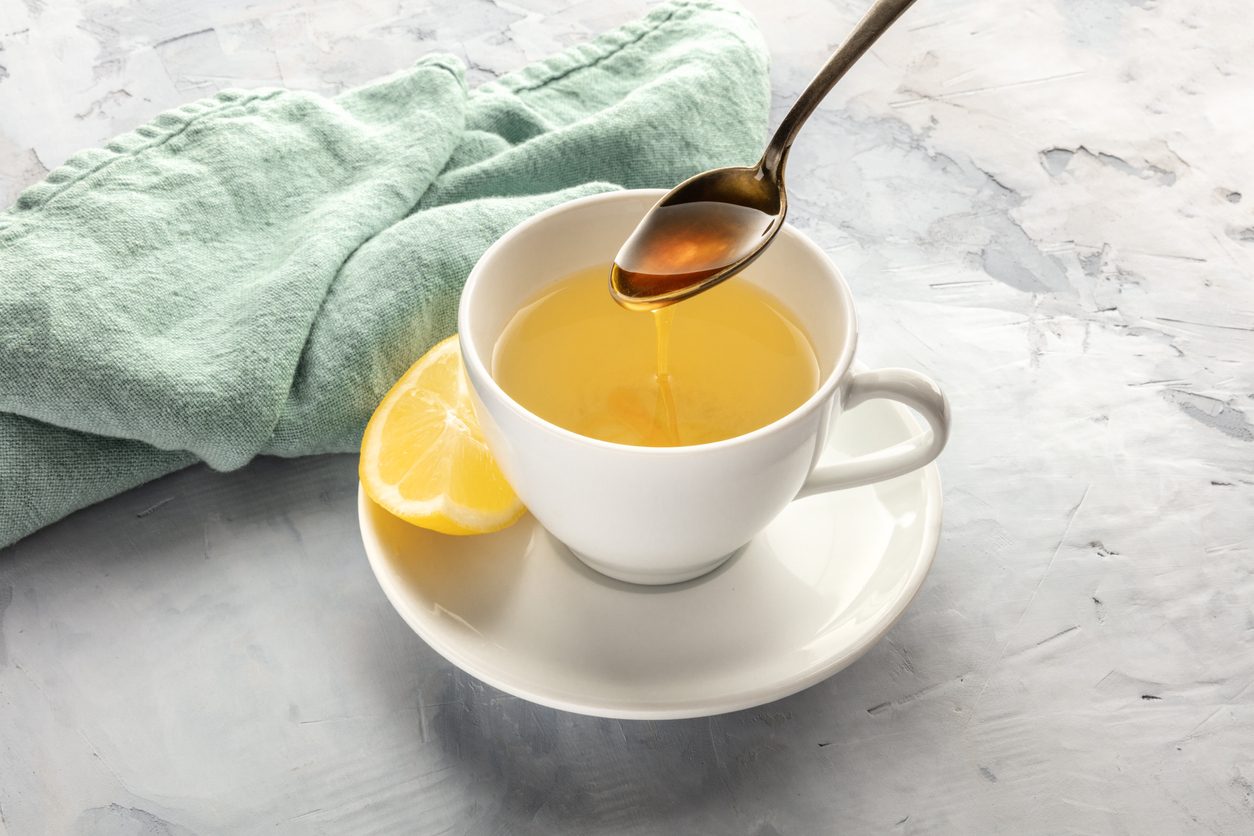Cooked Basil is Toxic: Fact or Fiction?
Is cooked basil toxic or poisonous? This is obviously fake news, because consuming cooked basil in its usual quantities does not pose any risk, apart from allergies. Let's see why this is a hoax.

Basil, the undisputed king of aromatic herbs, is a fundamental ingredient in many cuisines around the world, like in Italian cuisine: from tomato sauce to pesto, from pizza to caprese salad, it is an essential product in traditional dishes but also in many creative recipes. However, in recent years, rumors have spread that cooked basil can be harmful to health, toxic or even poisonous. But how much truth is there in these statements?
Cooked Basil is Not Poisonous
Let's start by saying that cooked basil is neither poisonous nor toxic, nor does it pose any health risks. This popular belief was born from a series of scientific studies that highlighted the presence of certain substances, such as estragole, in basil leaves. These substances, in high concentrations and with prolonged exposure, could potentially have negative effects on health. However, it is essential to contextualize these results and understand that these are studies conducted in the laboratory on animal models, using quantities of basil that are significantly higher than those we normally consume.
In reality, consuming cooked basil in the usual quantities does not pose any health risks. Here's why:
- Insignificant amounts. To reach potentially harmful levels of estragole, one would have to consume industrial quantities of cooked basil every day for years. It is of course unthinkable that a person could ingest such quantities in real life.
- Cooking. Cooking, in fact, tends to reduce the concentration of some potentially harmful substances present in basil.
In conclusion, the myth that cooked basil is toxic is unfounded: on the contrary, it is rich in antioxidants, vitamins and minerals that provide numerous health benefits. Of course, to maximize its benefits , it is always better to use it raw: but this does not mean that cooked basil is bad for you. You can safely continue to enjoy your pesto-based dishes, tomato sauce and other preparations that include the use of this aromatic herb. As with any food, a balanced and varied consumption is recommended, but there is no reason to worry about cooked basil.
;Resize,width=767;)
;Resize,width=712;)
;Resize,width=712;)
;Resize,width=712;)
